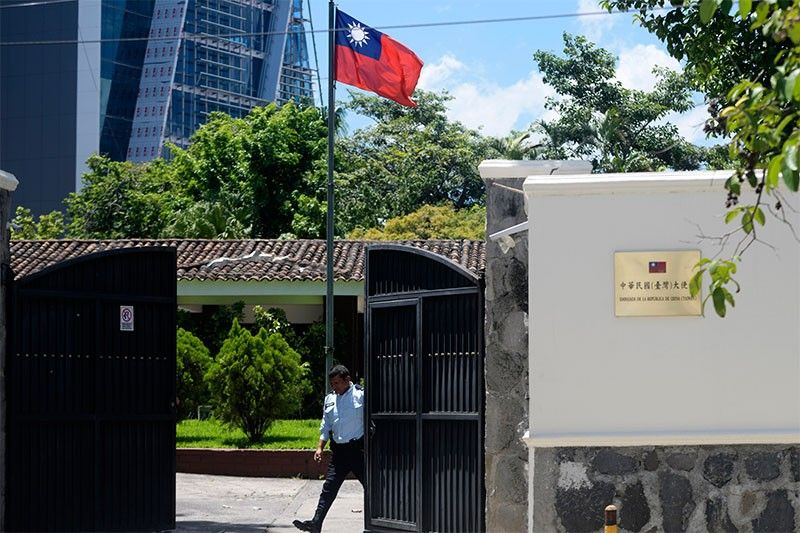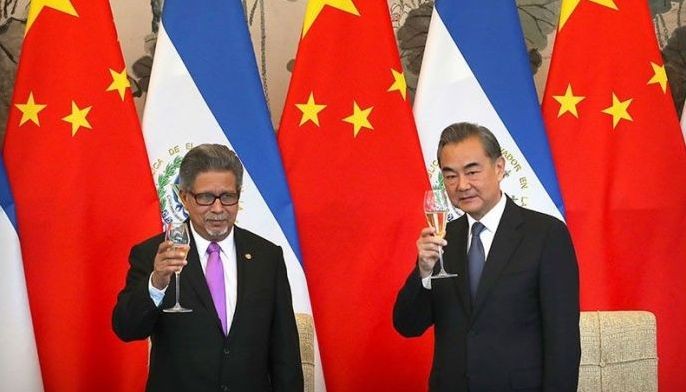US accuses China of 'destabilizing' cross-Strait ties with El Salvador move

WASHINGTON, United States — The United States on Thursday accused China of destabilizing cross-Strait relations following the announcement this week that El Salvador would end diplomatic ties with Taipei in favor of Beijing.
"The United States will continue to oppose China's destabilization of the cross-Strait relationship and political interference in the Western Hemisphere," the White House said in a statement.
"This is a decision that affects not just El Salvador, but also the economic health and security of the entire Americas region," it also said of Tuesday's announcement, reiterating that the US would reevaluate its ties with the Central American country as a result.
Taiwan and China have been engaged for years in a diplomatic tug-of-war in developing countries, with economic support and other aid often used as bargaining chips for diplomatic recognition.
Beijing sees self-ruling, democratic Taiwan as part of its territory to be brought back into the fold and has not ruled out using force to do so.
Relations between Taipei and Beijing have worsened since Tsai Ing-wen came to power in 2016 as her government refuses to acknowledge that Taiwan is part of "one China".
As a result, China has stepped up its poaching of Taiwan's dwindling official allies.
El Salvador became the fifth diplomatic loss under Tsai's presidency and the third this year.
But while most countries have established formal relations with Beijing rather than rival Taipei in recent decades, Taiwan still has unofficial relationships with powerful countries.
Its most important unofficial ally is the US, which remains Taiwan's leading arms supplier, despite switching diplomatic recognition to Beijing in 1979.
Ties have warmed between the US and Taiwan in recent months, incensing Beijing.
Some analysts saw the poaching of El Salvador as an indirect slap in the face to the Trump administration and a warning against further friendly overtures.
- Latest
- Trending


































